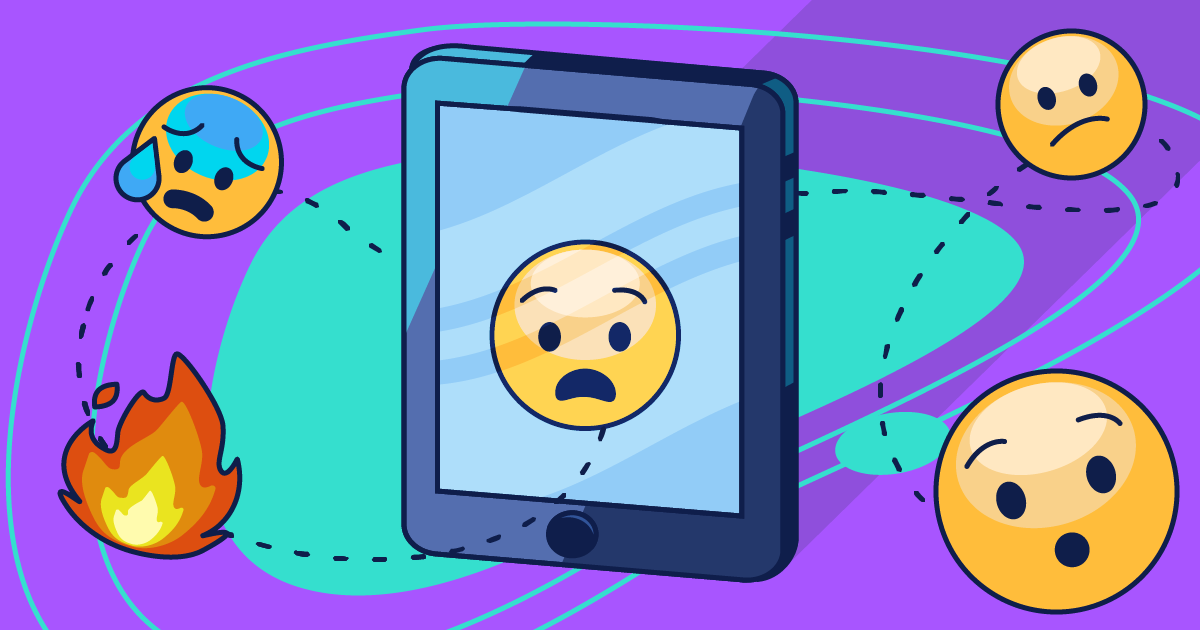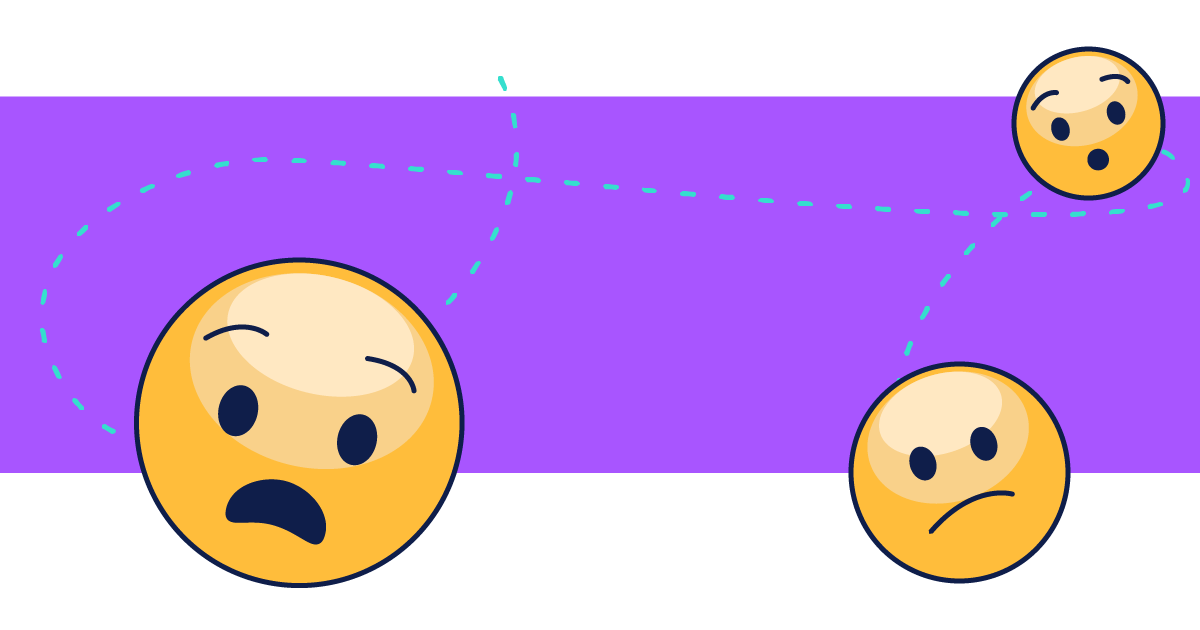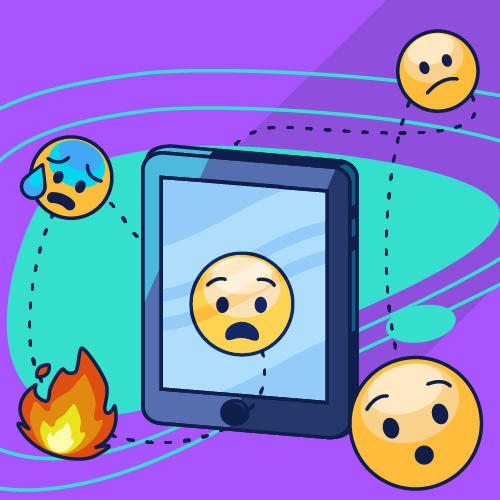
Kids with autism face different challenges when it comes to growing up and navigating technology, so helping to protect them online is crucial. For families of kids with autism, screens and assistive technologies have been nothing short of revolutionary. Incorporating apps for autism into the therapy regimen of children with autism — especially for those who are non-verbal — helps them to communicate their needs to their families in ways they would otherwise find quite difficult.
But this same technology that has been so life-changing also presents the same risks that all kids face — cyberbullying, sexual predators, and threats of violence. It also presents an entirely different set of parenting challenges. Here are three important reasons parents should monitor their kids’ devices and accounts.
Kids with autism tend to get screens earlier and rely on apps for autism more heavily
Most kids are drawn to screens. But for kids with autism, the pull may be stronger and more crucial to their sense of well-being. This is especially true if their use is tied to communicating effectively. Younger kids with autism may be extraordinarily tech savvy and can navigate games and YouTube like pros, but they may not be able to recognize potentially dangerous online situations.
Predators lurk in the comments sections of popular children’s channels, and apps like TikTok have experienced a rash of adults pretending to be kids and friending children. For kids with autism, they may not understand that a grown-up could be posing as a peer.

Social cues are harder to gauge online than in real life
For many kids with autism, it can be hard to read facial expressions and tone of voice to tell if someone is joking or teasing. Communication that has been stripped of all context, which is common in quick comments or captions, can be even harder for them to understand. "Children with autism are especially vulnerable to the effects of cyberbullying," says pediatrician and child safety expert Dr. Free Hess. "These kids often have difficulty understanding when someone is joking or bullying in person and this is exacerbated when the questionable behavior is occurring online. In addition, they can be somewhat impulsive and may be more likely to react negatively or dangerously when cyberbullied."
They may also struggle with knowing what’s appropriate or even legal to post on their own social media profiles or those of someone else. They may believe that they’re just making a joke, but it may fall flat, offend, or even break the law when seen by a friend or classmate.
Kids with autism are at additional risk of experiencing other digital issues, too, including solicitation from online predators. One parent shared how Bark is helping her son recover from such an encounter. "Bark gives our son the ability to have freedom while giving us the peace of mind that he is safe. He is 16 with autism and was the victim of an online predator a few years ago. He is still very trusting and has had limited access to any devices since. Bark has let him be more like other kids his age, and we are thrilled."
Cyberbullying is new ground for targeting kids with autism
In a recent study, 63% of kids with autism were reported to have been bullied, and they were three times as likely to be bullied as a sibling without autism. Cyberbullying has become a prominent way that kids are bullied in the digital age, especially with the advent of smartphones. For kids with autism, this type of harassment can be devastating.
And unlike traditional bullying, cyberbullying can happen around the clock and isn’t limited to the playground. For kids with interests and focuses as intense as those with autism, posting earnestly and excitedly about their passions may lead to teasing online. They may also not understand what’s happening, or why, and thus not know when to seek help from a trusted adult if things get out of hand.
Bark can help parents and their kids with autism by providing a digital safety net that monitors texts, email, YouTube and 24+ other apps children with autism might be using for signs of cyberbullying, depression, suicidal thoughts, sexual predators, drug use, and more. Bark alerts provide families the opportunity to talk about issues that could become a problem before anything serious happens. for a free, one-week trial.
This April, in honor of Autism Awareness Month, new subscribers can donate their first month of service to the Organization for Autism Research. Use code BARK_OAR19 to save 15% and contribute to their important work.
Read more
Bark helps families manage and protect their children’s digital lives.





